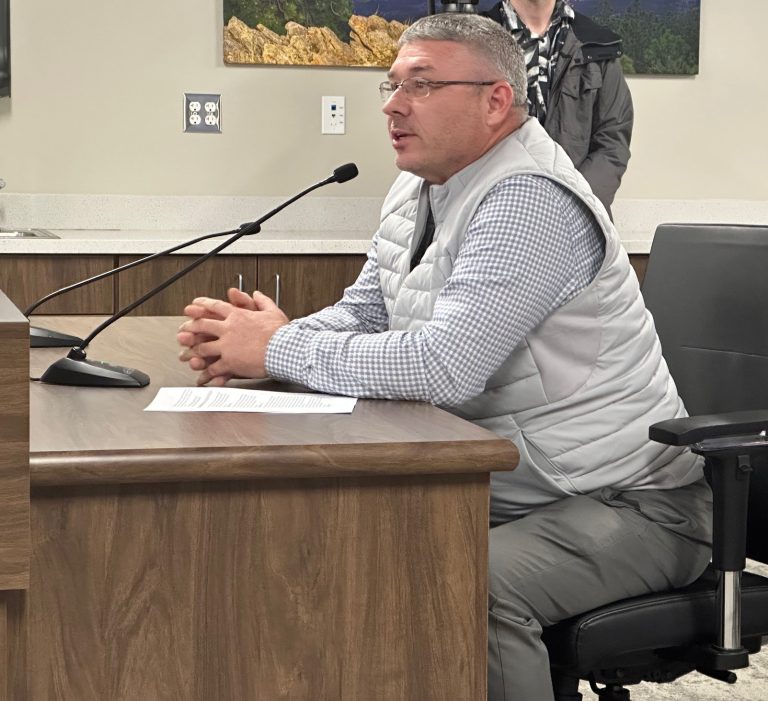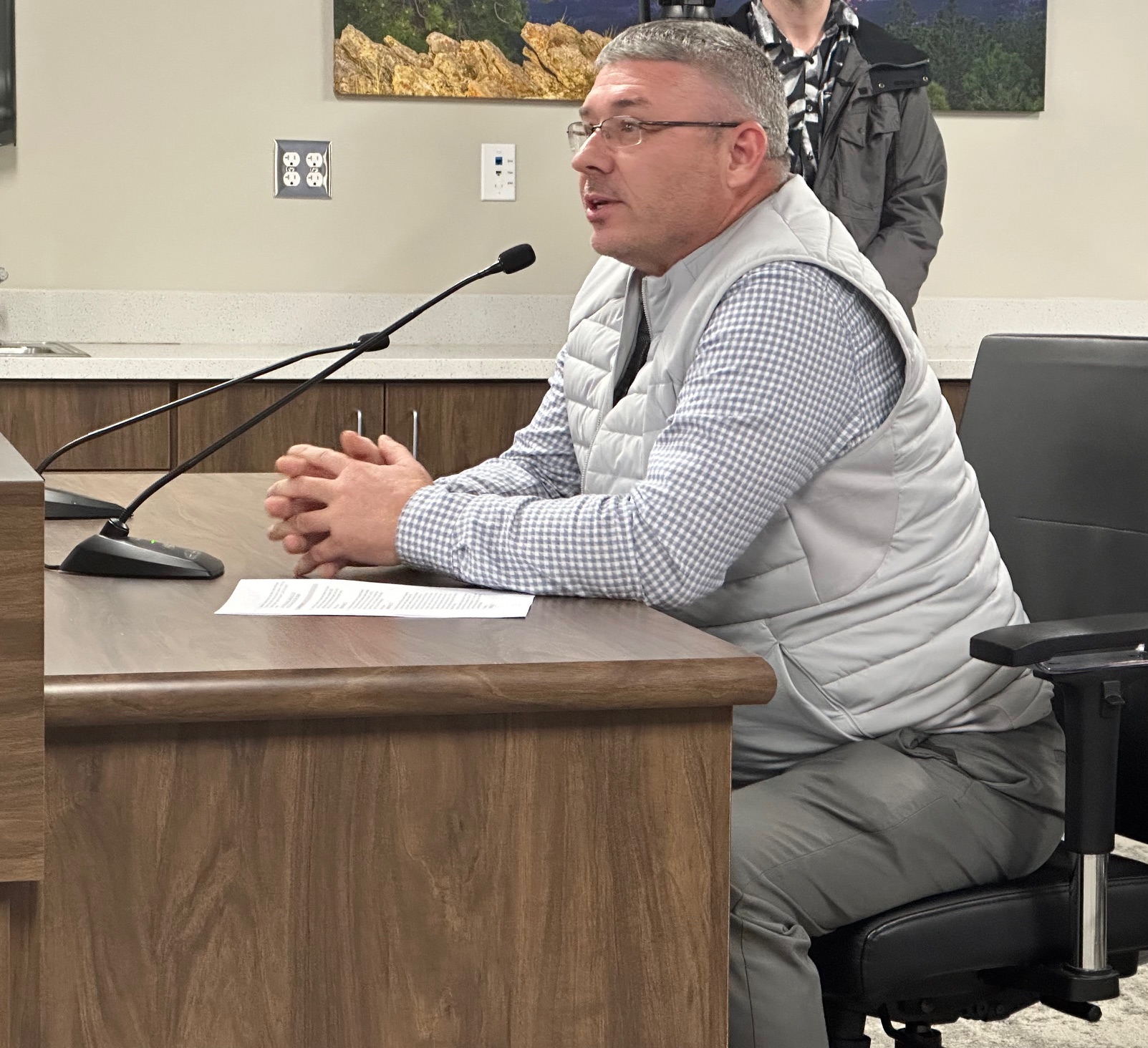WASHINGTON, S.D. – A Utah congressman has introduced a bill in Congress that would reimburse states for costs incurred at the nation’s southern border. In the case of South Dakota, that would be over $2 million – so far.
Utah Republican Rep. Curtis announced the Border Security State Reimbursement Act ahead of his visit to the border — his third — in Sierra Vista, Arizona, where he spoke in an oversight hearing of the Natural Resources Subcommittee on Federal Lands.
The bill is one sentence: “The Secretary of Homeland Security shall reimburse to a State each expense of such State determined by the Secretary to be related to securing the southern international border of the United States.”
The legislation does not currently have any cosponsors.
Curtis blamed President Joe Biden and Homeland Security Secretary Alejandro Mayorkas for allowing the situation at the border to deteriorate to the point that it requires state intervention.
“Congress has the power of the purse, and we must support these states spending dollars to end this humanitarian crisis. It is enabling fentanyl trafficking that hurts Utahns,” Curtis said in a statement.
Curtis pointed to $4 billion Texas has spent in the past two years on border security measures, and a request from Arizona Gov. Katie Hobbs to the federal government for reimbursement of $512 million that state has spent at the border.
Other states have sent, or are sending, National Guard troops to the border. South Dakota has spent at least $1.3 million from its Emergency and Disaster Fund on two state-ordered National Guard deployments to the Texas border, plus $1 million to support the deployments from a wealthy donor in Tennessee. South Dakota Republican Gov. Kristi Noem has said she ordered the troop deployments with no expectation of repayment.
Curtis announced the bill the same day that Utah Senate President Stuart Adams told reporters he believes Gov. Spencer Cox should send troops to the border, both to assist in management efforts and to show solidarity with other states.
A bipartisan proposal to reform federal immigration law fell apart in Congress.
— The staff of South Dakota Searchlight contributed to this report.












